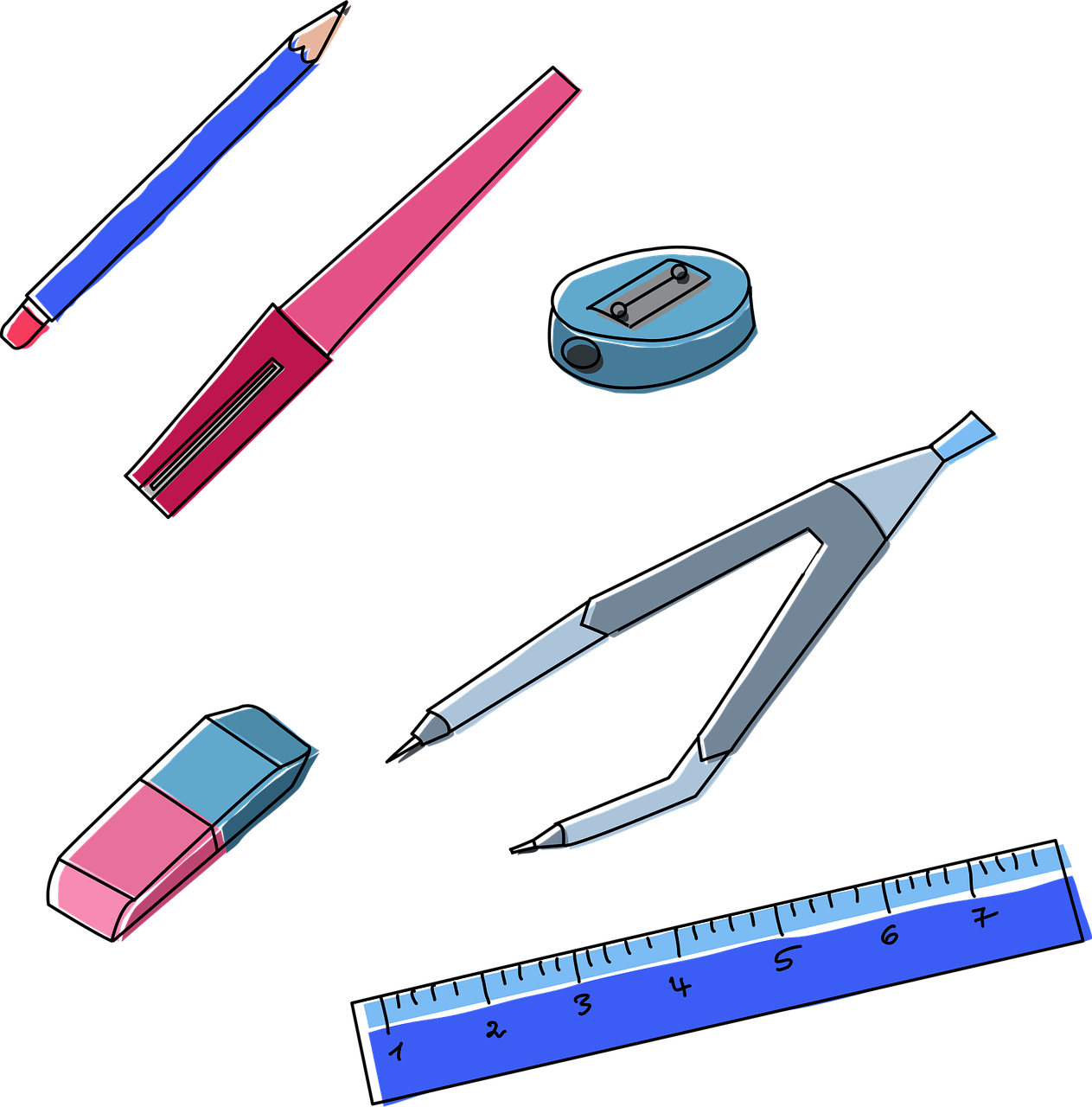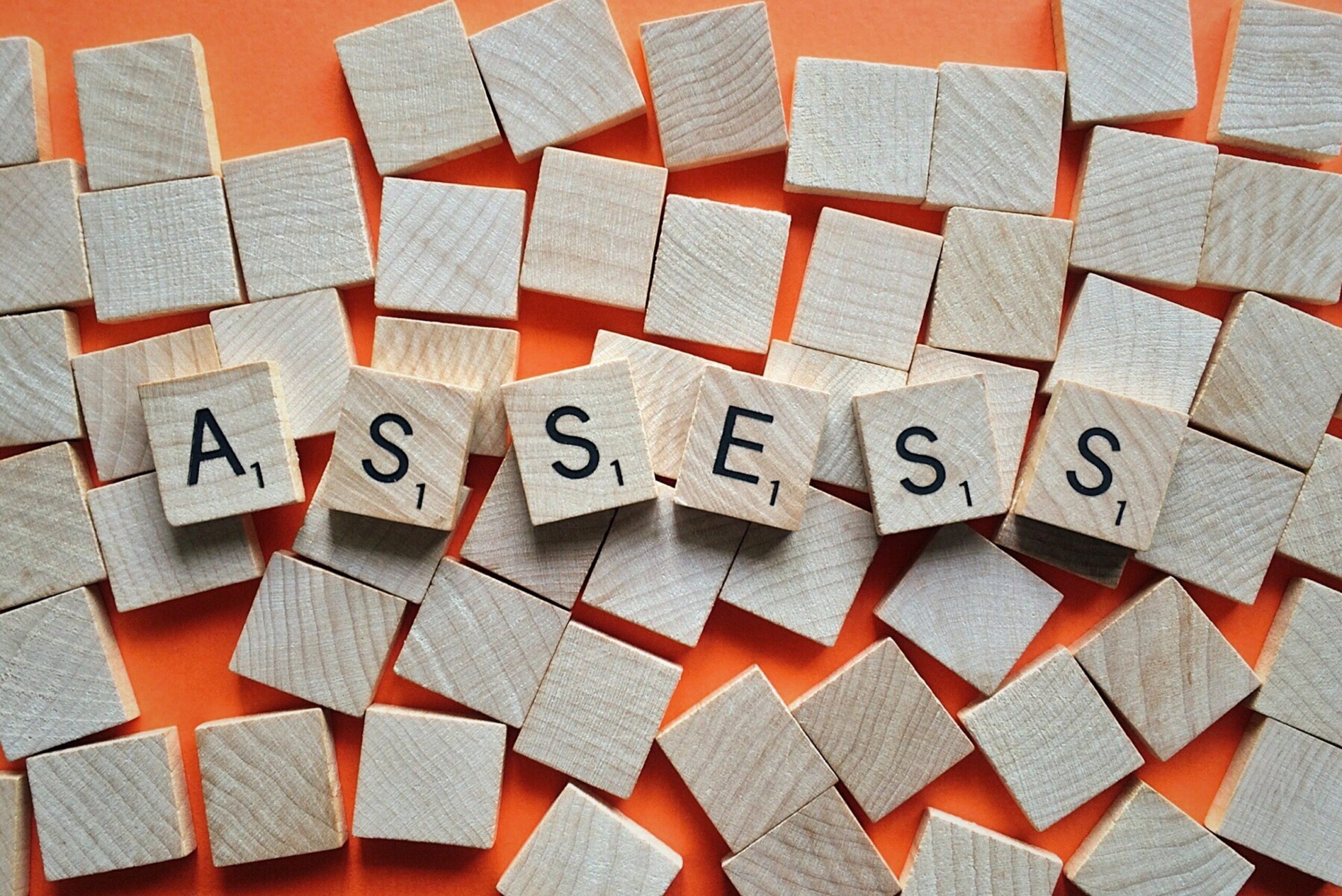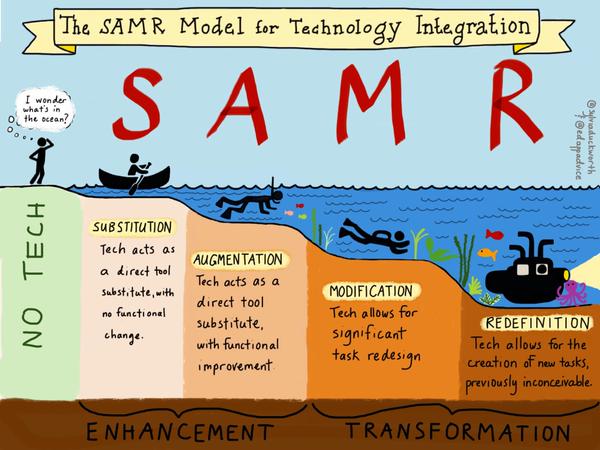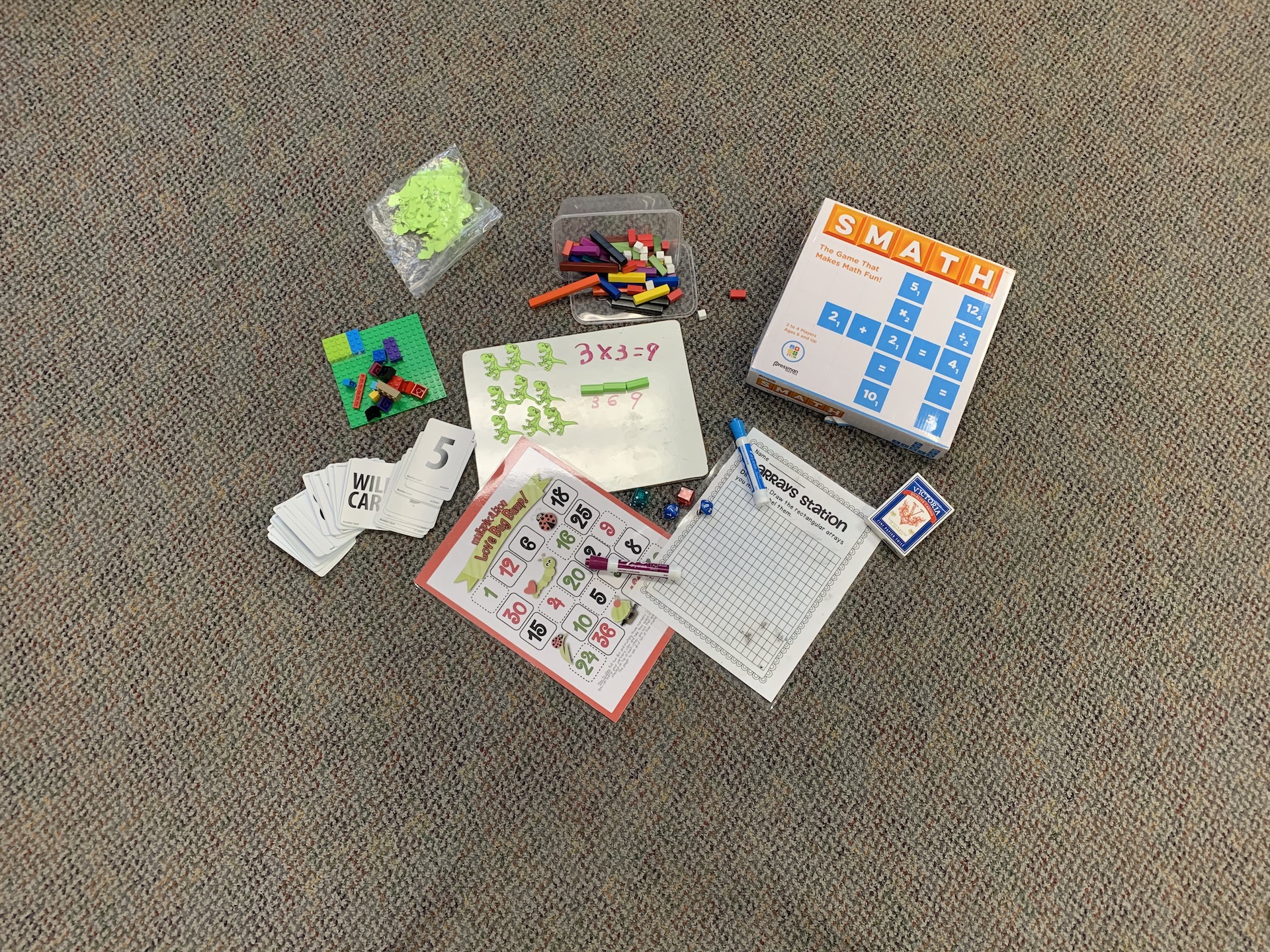My district often runs book studies about various topics, and I participate in the ones that interest me. A few years ago I participated in one on the book “Big Ideas for Expanding Minds” by Jim Cummins and Margaret Early, the book focuses on teaching ELL students in all the curricular areas. At the time of the book study, I was working with a significant number of Syrian Refugee students in an inner-city school with a high ELL population. One of the things I want to keep in mind when working with ELL students is that they are capable and many have strong skills, but they may not have the English to communicate them, or the confidence when sharing with me or a larger class. Math has a lot of very specific technical vocabulary that as was discussed in the previous module needs to be specifically taught. In math we encounter tier two and three vocabulary. Two tier vocabulary is general academic vocabulary that is seen in classroom settings and does not often make its way into everyday conversation many of these stemming from Greek and Latin roots, this includes words like explain, describe, combine, and investigate. We also have specialized terms like polygon, integers, hypotenuse, decimal or isosceles, in addition to words that have specialized meanings in math such as power, plane, coordinate, table, base or product. These words with multiple meanings and specific should be explicitly taught and as others have stated a word wall would be beneficial. We also need to teach students to read through math problems as they have unnatural structures that are not written the same way we would write texts for social studies, science, or language arts. As many readings have stated we are always all language teachers.
Strategies to support students
- Use manipulatives
- Using manipulatives allows students to represent their thinking in a concrete manner and are also an easy entry point for all students as they require minimal language.
- Use diagrams and pictures
- Like manipulatives they allow students to represent their thinking visually and require minimal language.
- Graphic organizers
- Graphic organizers for problem solving help all students organize ideas.
- Pre teach and display key vocabulary
- Teach the specific mathematical meanings
- Encourage group work
- Use first language when appropriate
- Include all students’ ideas and contributions
- Presume competence
- Use actions and gestures to reinforce key vocabulary and ideas
- Demonstrate strategies for problem solving
- Use games to build confidence
- Accept all strategies
- Write on white boards instead of paper
- Connect to prior knowledge
- Encourage them to teach you and peers’ other strategies they may know
https://docs.google.com/document/d/1sJJHFlNBBwNHmQjTqkevyMb9J0Cnbe4TQPFysCp04P8/edit





